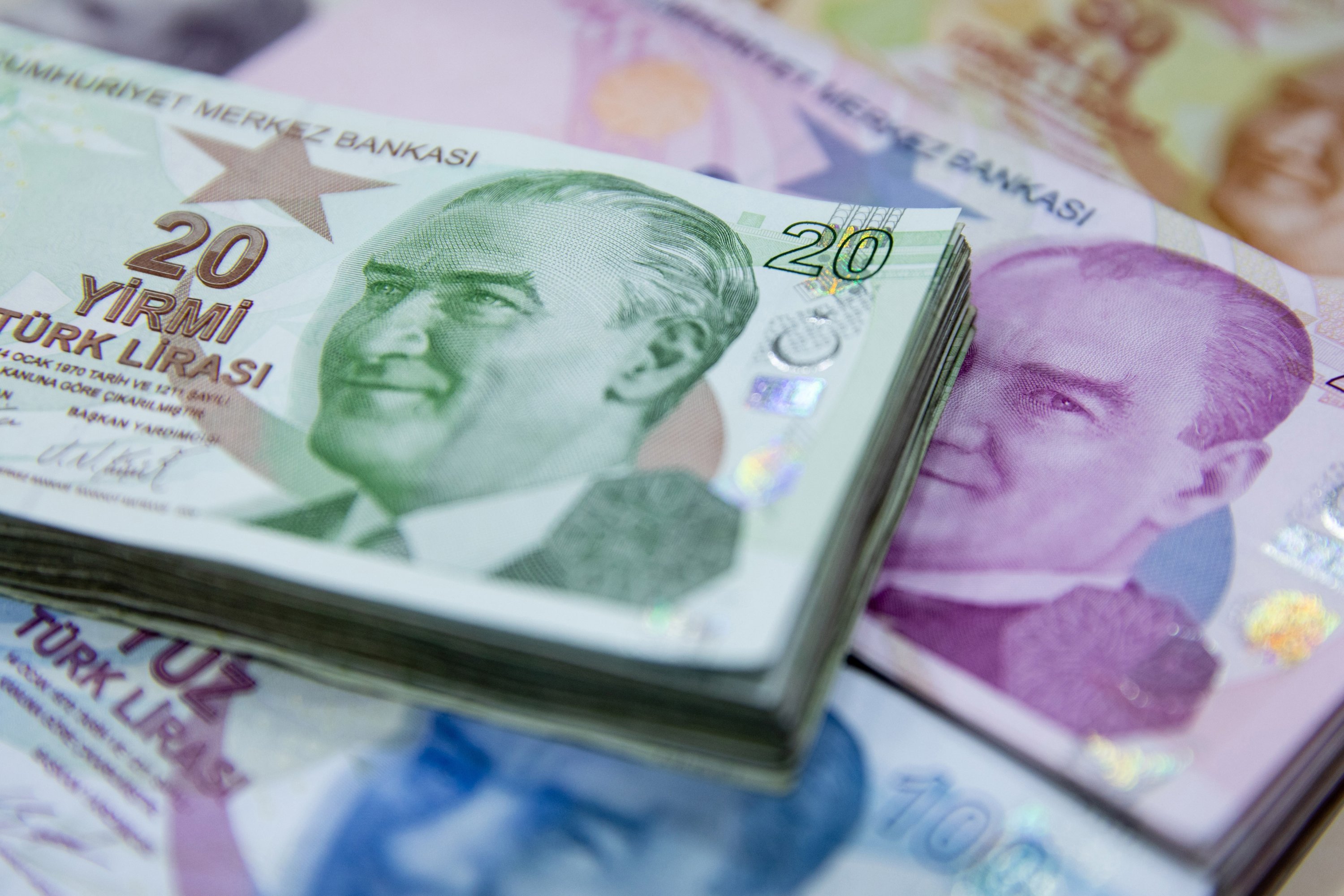© Turkuvaz Haberleşme ve Yayıncılık 2026
It is not easy to give good news about inflation. On Jan. 4, 2021, the Turkish Statistical Institute (TurkStat) announced that Turkey’s inflation in December 2020 was 1.25% and annual inflation for 2020 was 14.6%, going above and beyond market expectations.
While market inflation expectations were 14.2%, the country ended the year at 14.6%. The core inflation was 14.3%. Also, the recently announced manufacturing sector Purchasing Managers’ Index (PMI) stood at 50.8% in December. The slowdown in PMI data continues.
The details of inflation data reveal the impact of exchange rates. One of the highest price increases in subitems was seen in household goods, and especially consumer durable goods responsive to exchange rates.
In other words, the delayed effects of exchange rates still persist. Turkey has not seen much of the impact of demand, which has been on the decline recently. There is also no excessive cooling in domestic demand.
Turkey is seeing a limited dampening of demand, especially in the clothing industry. It can be said that the pandemic has affected the demand for clothing the most. Due to a fall in the prices of clothing, the industry has had the most obvious downward effect on inflation.
It goes without saying that tourism spending, which has been weakened by the pandemic, also has an impact on inflation.
In addition to clothing, tobacco stands out among the items with the lowest increase. Although there is actually a need for an increase in this sector, this possibility has been reduced by the last tax cut.
All in all, we can also see the negative effects of commodity prices on inflation. In particular, the price hike in base metal effects on consumer durable goods and agricultural commodities have a negative impact on food prices. As a matter of fact, food inflation is at 20.6%, well above the Consumer Price Index (CPI).
The main reason for the rise in inflation in Turkey is the use of imported input in production. As the exchange rate increases, imported inputs become expensive.
At this point, the most important structural reforms are domestic production, national seed production and livestock, high-tech exports and investments in renewable energy.
In the short term, the determinant of CPI inflation is the exchange rate and import prices. Import prices also depend on exchange rates and commodity prices. So, when the exchange rate and commodities increase, you usually cannot curb inflation.
Recently, Central Bank of the Republic of Turkey (CBRT) Governor Naci Ağbal answered a question with another well-directed question. “Other countries keep inflation at 1% to 2%, but why can’t Turkey do it? What is our shortcoming?”
Turkey can manage to reduce inflation with a central bank that advances with the right steps and the correct macroeconomic framework.
Although the Turkish lira has risen in value, the currency has tumbled to record lows in the long run. For this reason, we will see the effect of the cumulative exchange rate in the coming period.

As of 2021, Turkey can also see an increase in inflation, which will be affected by the service industry as well. Indeed, the industry in question did not have major breakthroughs during the pandemic.
Therefore, inflation will continue to rise. Of course, at this point, the direction the CBRT chooses for its next move is very important.
There are many reasons for inflation: If you ask those who live in Turkey, they usually cite the exchange rate as the primary reason. When the exchange rate in economies that are highly dependent on foreign currency spikes, the cost of imported consumer goods, expectations, input and financing costs rise rapidly – which push up domestic prices.
For this reason, the issue of switching from exchange rate to inflation is always discussed. We can say that the 45% increase in the currency basket since the beginning of 2020 will affect inflation by roughly 6% to 8% this year alone.
Meanwhile, growth expectations for 2021 are fluctuating between 3.5% and 4.5%. If things go in line with assumptions and market expectations, Turkey can achieve this figure. The second half of the year in particular is likely to be a much easier period.
The fight against inflation and the need for external financing will be the other challenging issues facing the Turkish economy in 2021.
Even if the country takes proper steps, it may not get the results in both issues at a rate and speed we desire. That is why 2021 is a year in which Turkey must be extremely patient and determined.
The effects of inflation include lower living standards for those earning a low income or people out of work, as well as for those with reduced savings. Increased consumption and high-interest rates are among the other factors that also tie into the situation.
The reason for the high-interest rate is that the CBRT needs to manage the sovereign risk, reserves and inflation correctly. The primary reason for high-interest rates is high inflation.
If Turkey is patient, it can reduce inflation to 4%-5%. If the CBRT takes the right steps over the next few years, resources are used efficiently and the budget is aligned with the goals, this goal is within reach.
If all goes as planned, inflation and interest rates will fall, and Turkish companies will have access to loans with single-digit interest rates.
*Economist, lecturer at Istanbul University Cerrahpaşa
